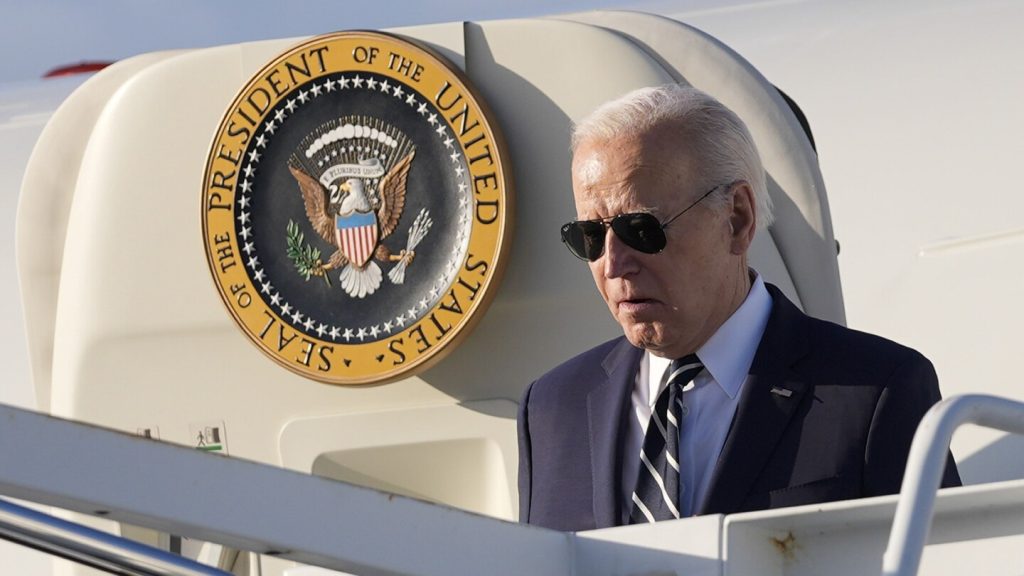President Joe Biden gathered the Group of Seven advanced democracies to address Iran’s recent aerial attack on Israel, which was largely unsuccessful. The United States provided assistance to Israel in shooting down drones and missiles fired by Iran in a direct military assault. Israeli authorities reported that almost all of the inbound weapons were intercepted without causing significant damage. President Biden commended Israel’s defense capabilities and urged restraint to prevent a wider regional escalation.
During a call with Israeli Prime Minister Benjamin Netanyahu, President Biden advised Israel to claim victory for its successful defense against the attack. Biden made it clear that the U.S. would not participate in any offensive action against Iran. The aim was to dissuade Israel from launching a larger retaliatory strike and to encourage a united diplomatic response from the G7 nations in the wake of Iran’s aggression. The effort to promote restraint by Israel is consistent with American efforts to reduce civilian casualties in conflicts like the ongoing conflict between Israel and Hamas in Gaza.
Florida Senator Marco Rubio criticized the White House for leaking details of Biden’s conversation with Netanyahu, where Biden urged Israel to refrain from retaliating. Rubio accused the White House of trying to appease calls for a cease-fire in Gaza by leaking the information. The political implications of Biden’s approach to the situation were brought into question, as some viewed the leak as an attempt to influence public opinion and international perception of the U.S. stance on the conflict.
The U.S. military deployed aircraft and ballistic missile defense destroyers to the region in response to the attack on Israel. This show of support for Israel’s defense capabilities and commitment to its security was a significant move by the Biden administration. By assisting Israel in intercepting the incoming threats, the U.S. demonstrated its willingness to stand by its Middle Eastern ally while also seeking to prevent further escalation of hostilities in the region. The focus was on diplomatic solutions to address Iran’s aggression and prevent further conflict.
President Biden emphasized the need for a united diplomatic response to Iran’s actions during the G7 meeting. The meeting was convened to coordinate efforts to rebuke Iran for its brazen attack on Israel and to prevent any further aggression. The international community, led by the G7 nations, sought to address the situation diplomatically and avoid any actions that could escalate tensions in the region. Biden’s leadership in gathering the G7 allies underscored the importance of collective action in response to threats to regional security and stability.
The situation between Iran, Israel, and the U.S. highlighted the complex dynamics of power and diplomacy in the Middle East. President Biden’s approach to the crisis sought to balance support for Israel’s defense while also promoting diplomatic solutions to prevent further conflict. The role of the G7 nations in coordinating a response and encouraging restraint from all parties involved was crucial in shaping the international response to Iran’s aggression. As the situation continued to unfold, the focus remained on finding ways to de-escalate tensions and prevent further violence in the region.


